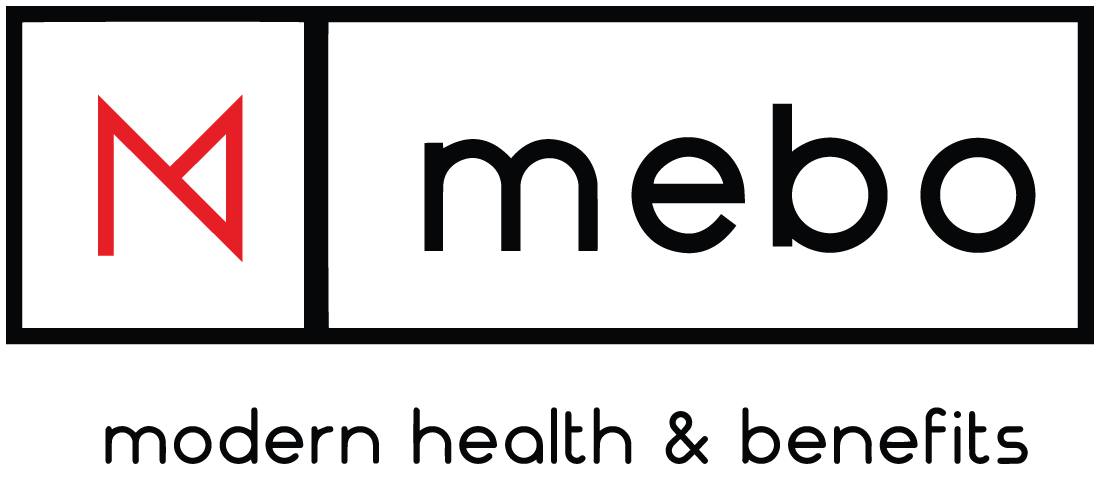Health Benefits Could Give Employers a Competitive Edge
Companies face tough competition when it comes to attracting quality employees. According to a leading job placement firm, Manpower Group, 69% of U.S. companies report talent shortages. This is the highest percentage in over a decade. In order to stay competitive, many companies have started offering a wider range of benefits. Although benefits like retirement savings plans and life insurance appeal to many, nothing matters quite as much as health insurance.
Health Insurance Provides Peace of Mind for Employees
As the costs of healthcare rises and employees worry about their health and the health of their loved ones, health insurance benefits become more important to workers. This year, it’s expected that many people that put off routine healthcare in 2020 will visit their doctor. Many more will seek out the COVID-19 vaccine as it becomes available. Employers that do not offer good health insurance benefits will likely find it difficult to attract and retain talented employees in the next few months.
In addition to health insurance benefits for employees, employers should consider offering health benefits to the family members of employees as well. Many workers worry about how they will pay for a major health event and offering health insurance to the spouse and children of employees can provide peace of mind. In fact, this might be the reason a candidate chooses one company over the next.
80% of respondents to a recent survey conducted by the American Institute of Certified Public Accountants reported they would choose a job with benefits over the identical job with 30% more salary but no benefits. This says a lot about what candidates look for when searching for a job. Based on these results, companies that offer an attractive employee benefit package could stand out above their competition, even if they offer a lower salary.
Final Thoughts
Employers have many things to consider in the upcoming months. As businesses attempt to regain their footing and navigate through difficult economic times, they’ll need talented staff to help grow their business. It’s crucial that leaders do all they can to ensure the best candidates don’t pass them by. Offering an attractive benefits package with health insurance benefits for employees and their family members could make all the difference in the world.
MEBO offers employee benefits, custom tailored to the unique needs of employers. We help businesses develop benefit plans that gets them noticed. Please contact us for more information or to schedule a consultation.




